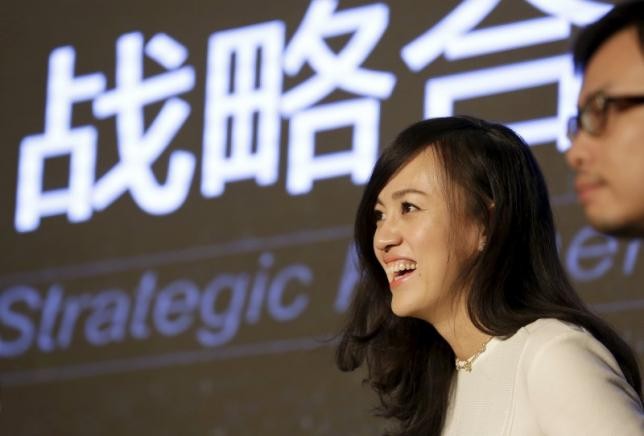Apple has moved from selling iPhones to offering services, joining China's taxi service sector and investing $1 billion in Didi Chuxing, the country's largest ride-hailing company, according to an article published by ft.com.
The investment, which was considered the biggest minority investment ever made on Didi, was seen as an unusual move by Apple, which is not known to invest in startups. Besides, Apple is much different from other big tech companies with active venture arms such as Intel and Google, since Apple hatched its ideas in-house, the report said.
Apple is also confronted with various challenges in China and its efforts to move into services could have a wide-ranging impact, analysts said.
Apple has made China its key market as iPhone demand in developed markets has become saturated. However, when sales of iPhone declined by 26 percent in the recent quarter, Apple's revenue also dropped for the first time in more than a decade.
According to the report, Apple's investment in Didi shows that the U.S. company is aiming toward services.
In 2014, the company acquired Beats Electronics, the headphone maker and music service, and a year later launched the streaming service Apple Music.
Without acknowledging it publicly, Apple is reportedly working on a car project as it had recently acquired several small startups with technologies that can be used in intelligent cars.
When asked on Friday, May 13, whether Apple and Didi work together to develop their own driverless or smart car, Jean Liu, Didi's president, replied: "We are confident that we will benefit each other on product, on technology, and on many other levels."
Liu, however, revealed that Apple and Didi's collaboration would include areas such as product integration, marketing and data science.
Aside from Apple, Didi has also formed a strategic partnership with fellow Asian car hailing apps Ola in India, GrabTaxi in Southeast Asia, and Lyft in the U.S.
Didi has raised a total of more than $6 billion from investors in the fundraising, including the Apple funds, which came in time as the company is engaged in a subsidy battle with Uber China and ride-sharing startups, Yidao and Shenzhou.
The Chinese company is continuing with its current round of fundraising, the report said.



























